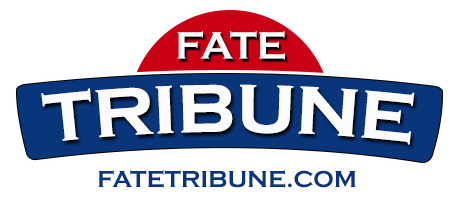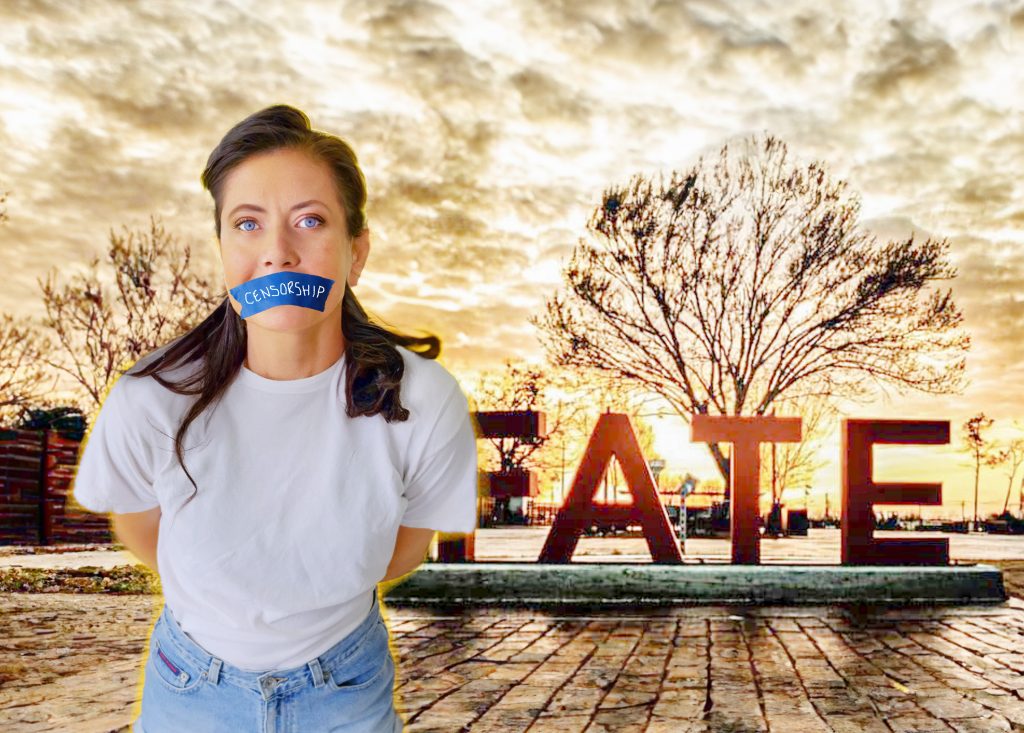In a world that cherishes free expression and the exchange of diverse ideas, we find ourselves grappling with a recurring issue in digital communities: censorship masked as civility. Facebook groups and similar online platforms, designed to foster open dialogue and communication, are increasingly becoming battlegrounds where the principles of free speech are under siege.
Across the virtual landscape, it’s crucial to recognize that every human being has formed within them an innate bias. These biases shape our perspectives and influence our actions, even when they remain unspoken. Yet, good stewards of democracy will acknowledge this inherent bias and intentionally take steps to allow others to voice their dissenting opinions. This recognition and willingness to embrace diversity of thought are essential for the health of any democratic society.
However, sometimes in these digital communities we often find administrators who wield the power to silence opposition, and they do so with an iron fist. These individuals operate with hidden agendas that they keep concealed from their members but exhibit unmistakably through their acts of censorship. This pattern raises fundamental questions about the values we uphold in our interconnected world and the role of digital spaces in shaping our collective discourse.
Communities of all kinds exist in the online sphere of Facebook, each with its own set of rules and guidelines for engagement. Typically, these rules aim to create a respectful and inclusive environment for members. However, when administrators harbor their own undisclosed biases, these well-intentioned rules can become tools for suppressing dissenting voices.
The notion of “Be Kind and Courteous” and “No hate speech or bullying” is a common refrain in these digital spaces. These principles appear to encourage positive interactions and safeguard against harmful behavior. However, when administrators, influenced by their hidden biases, use these guidelines to stifle criticism or controversial discussions, they inevitably contribute to the societal decay of democracy.
Sometimes, administrators see themselves as the saviors of civility. They earnestly believe that by attempting to maintain a veneer of “civil” discourse and stopping hate speech, they are fulfilling their duty to create a harmonious online community. However, they fail to comprehend that in their zeal to preserve a semblance of politeness, they become the purveyors of an even greater hate: censorship.
Censorship, often carried out under the banner of promoting civility, can have dire consequences for the democratic spirit. The suppression of dissenting voices and differing opinions not only curtails free expression but also fosters an environment where conformity and groupthink prevail. This stifling of diversity of thought not only undermines democracy but also creates a breeding ground for frustration and resentment among members who feel silenced.
At the Fate Tribune, our goal is to expose corruption and false liberal ideology wherever we may find it. We are stewards of the truth for the benefit of our fellow citizens of Fate. When a Facebook group censors one of our postings, they are not only silencing a debate but, in a much more destructive way, they are preventing the dissemination of ideas and knowledge that citizens need in order to make good decisions in the election of their leaders. The exposure of corruption and hidden leftist agenda of our elected is a necessary component of democracy… and yes, there is plenty of corruption and hidden agenda to be found in Fate.
The real issue arises when administrators, driven by their concealed biases or their misguided belief in their role as saviors of civility, use these guidelines to suppress views that do not align with their own agenda or their notion of civility. This manipulation of the rules obstructs open dialogue and, in turn, stifles the diversity of voices that digital communities should embrace.
In our interconnected world, the potential for bias and manipulation looms large. Administrators with their own biases can inadvertently—or sometimes deliberately—obstruct open dialogue. When this happens, digital communities risk losing their credibility and their ability to foster genuine discourse.
To combat this trend, it is imperative for individuals to be vigilant about their digital engagements. Members of these online communities should actively seek alternative platforms where their voices can flourish without fear of censorship driven by hidden biases or a misguided quest for civility. There are numerous forums that prioritize open discussion and inclusivity, where diverse viewpoints are celebrated, not stifled.
The battle for free expression in digital communities is a reflection of broader societal struggles over the principles of democracy, accountability, and free speech. As we navigate this evolving landscape, we must remember that the values we hold dear in our community should also extend to the digital realm. True dialogue and progress are only possible when the exchange of ideas is open, unrestricted, inclusive, and free from the hidden agendas of biased administrators and the misguided notions of civility that lead to censorship. Those who silence opposition, whether due to their biases or their belief in their role as saviors of civility, are inevitably contributing to the societal decay of democracy, and it is our collective responsibility to uphold the principles of free expression and diversity of thought.

